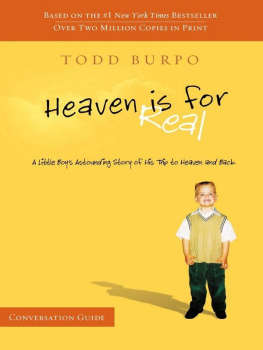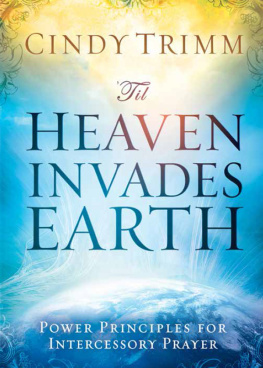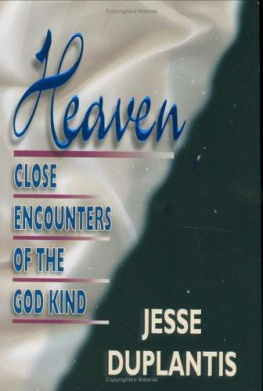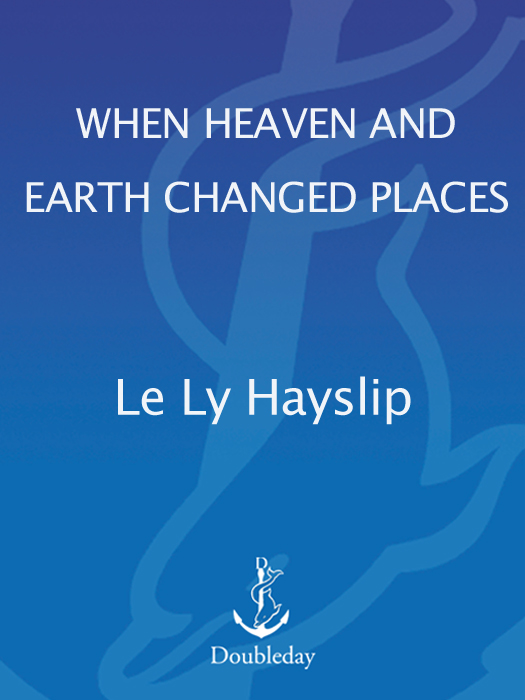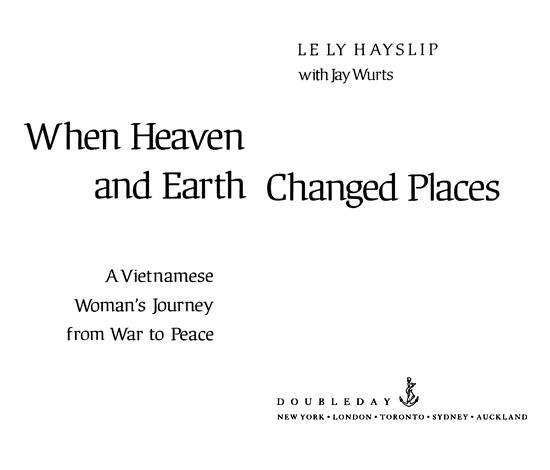Published in the United States by Doubleday, a division of Bantam Doubleday Dell Publishing Group, Inc., 666 Fifth Avenue, New York, New York 10103
D OUBLEDAY and the portrayal of an anchor with a dolphin are trademarks of Doubleday, a division of Bantam Doubleday Dell Publishing Group, Inc.
Library of Congress Cataloging-in-Publication Data
Hayslip, Le Ly.
When heaven and earth changed places.
1. Hayslip, Le Ly. 2. Vietnamese Conflict, 19611975Personal narratives, Vietnamese. 3. VietnamDescription and travel1975. 4. RefugeesVietnamBiography. 5. RefugeesUnited StatesBiography. I. Wurts, Jay. II. Title.
DS556.93.H39A3 1989 959.70438 [B] 88-33542
eISBN: 978-0-307-82368-7
Copyright 1989 by Le Ly Hayslip and Charles Jay Wurts
All Rights Reserved
v3.1
ACKNOWLEDGMENTS
THIS BOOK, like my life itself and the East Meets West Foundation, owes everything to the people in it and to those with whom it came in contact as it grew from conception to maturity. I wish to thank everyonegood, bad, or indifferent; living or deadwho appears in this book. I appreciate and honor you, because without you I could not have discovered myself or the mission of my life.
Foremost among these people I place my ancestors, father and mother, brothers and sisters, nieces and nephews, and other relatives with whom, together and apart, I have shed many tears in sorrow and in happiness. I honor, too, all Vietnamese and all people everywhere who still weep for their loved ones and hope one day to see their families reunited; and to the people of all races who have worked, and work today, so tirelessly to restore trust and compassion between my native and adoptive countries and among all nations of the world.
To my three wonderful sonsJames, who first put my spoken words to paper; Thomas, who served me many bowls of rice, hot tea, and tissues during the writing of this book; and Alan, who gave me love and hugs when all I could offer in return were tearsI give a mothers love and thanks: I could not have completed my work without you. To my departed husbands, Edward, who brought me and my sons Thomas and James to safety, and Dennis, who took responsibility for us afterward, I say: your spirits have given me the strength to write. I give to you a wifes humblest thanks and hope this work has honored you.
My thanks go, too, to my co-author, Jay Wurts, who helped my memories walk and live and breathe again, and his wife Peggy, for her tangible and moral support throughout this project; to Sandra Dijkstra and Casey Fuetsch, who shared our vision; to Milton and Len Low, for the many hours they spent helping to make East Meets West a reality; to Rotarian Bill Chaffin, who first helped me share my story with others; to Peter C. Dirkx, Commander, USN (Ret.), for his kindness and advice; to David Huete for his video expertise; and Mr. Herbert Pass, veteran of another terrible war, whose understanding, compassion, and generous support has made possible much of what East Meets West has accomplished to date.
I wish also to thank Drs. Nguyen Thi Ngoc Phuong (of Tu Du Hospital, Ho Chi Minh City), Ly C. Dai and Hoang Quynh (of the Ministry of Health), Huynh Que Phuong (Chief Deputy of Scientific Research, Viet Duc Hospital), Nguyen Chi Linh (of the Ministry of Education), Nguyen Manh Hai (of the Ministry of Culture), Binh Thanh and Pham N. Quang (of the U.N. Mission), and Hoang Lien (of the Red Cross, Quang Nam) the Socialist Republic of Vietnam, for helping East Meets West establish its medical program in that country. Our thanks, too, go to Dr. John S. Romine and Diana Tracey at the Scripps Clinic and Research Foundation, La Jolla, California, and John Downs, for their support; to Stephen Graw, the U.S.-Vietnamese Aid Coordinator; to Jim Watson and Jim Robinson for their support; and to Phuong Vi, Kathy Greenwood, Mr. and Mrs. Lu Van Moc, and all my foster children and stepsons for always being there when help was needed most.
Finally, I am grateful to Jerry Stadtmiller and his wife Pat, for putting me in touch with so many U.S. Vietnam veterans who seek to heal the wounds of war through the work of our foundation; and to everyone who has served or supported East Meets West as directors, donors, advisers, and volunteersfrom the physicians in Vietnam to our printers in Americafor the countless tasks and many tangible services necessary to reach out and deliver to our beneficiaries the product of our dreams and labor.
L.L.H.
CONTENTS
PROLOGUE
Dedication to Peace
FOR MY FIRST TWELVE YEARS of life, I was a peasant girl in Ky La, now called Xa Hoa Qui, a small village near Danang in Central Vietnam. My father taught me to love god, my family, our traditions, and the people we could not see: our ancestors. He taught me that to sacrifice ones self for freedomlike our ancient kings who fought bravely against invaders; or in the manner of our women warriors, including Miss Trung Nhi Trung Trac who drowned herself rather than give in to foreign conquerorswas a very high honor. From my love of my ancestors and my native soil, he said, I must never retreat.
From my mother I learned humility and the strength of virtue. I learned it was no disgrace to work like an animal on our farm, provided I did not complain. Would you be less than our ox, she asked, who works to feed us without grumbling? She also taught me, when I began to notice village boys, that there is no love beyond faithful love, and that in my love for my future husband, my ancestors, and my native soil, I must always remain steadfast.
For my next three years of life, I loved, labored, and fought steadfastly for the Viet Cong against American and South Vietnamese soldiers.
* * *
Everything I knew about the war I learned as a teenaged girl from the North Vietnamese cadre leaders in the swamps outside Ky La. During these midnight meetings, we peasants assumed everything we heard was true because what the Viet Cong said matched, in one way or another, the beliefs we already had.
The first lesson we learned about the new American war was why the Viet Cong was formed and why we should support it. Because this lesson came on the heels of our war with the French (which began in 1946 and lasted, on and off, for eight years), what the cadre leaders told us seemed to be self-evident.
First, we were taught that Vietnam was con rong chau tiena sovereign nation which had been held in thrall by Western imperialists for over a century. That all nations had a right to determine their own destiny also seemed beyond dispute, since we farmers subsisted by our own hands and felt we owed nothing to anyone but god and our ancestors for the right to live as we saw fit. Even the Chinese, who had made their own disastrous attempt to rule Vietnam in centuries past, had learned a painful lesson about our countrys zeal for independence. Vietnam, went the saying that summarized their experience, is nobodys lapdog.
Second, the cadres told us that the division of Vietnam into North and South in 1954 was nothing more than a ploy by the defeated French and their Western allies, mainly the United States, to preserve what influence they could in our country.
Chia doi dat nuoc? the Viet Cong asked, Why should outsiders divide the land and tell some people to go north and others south? If Vietnam were truly for the Vietnamese, wouldnt we choose for ourselves what kind of government our people wanted? A nation cannot have



